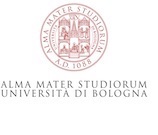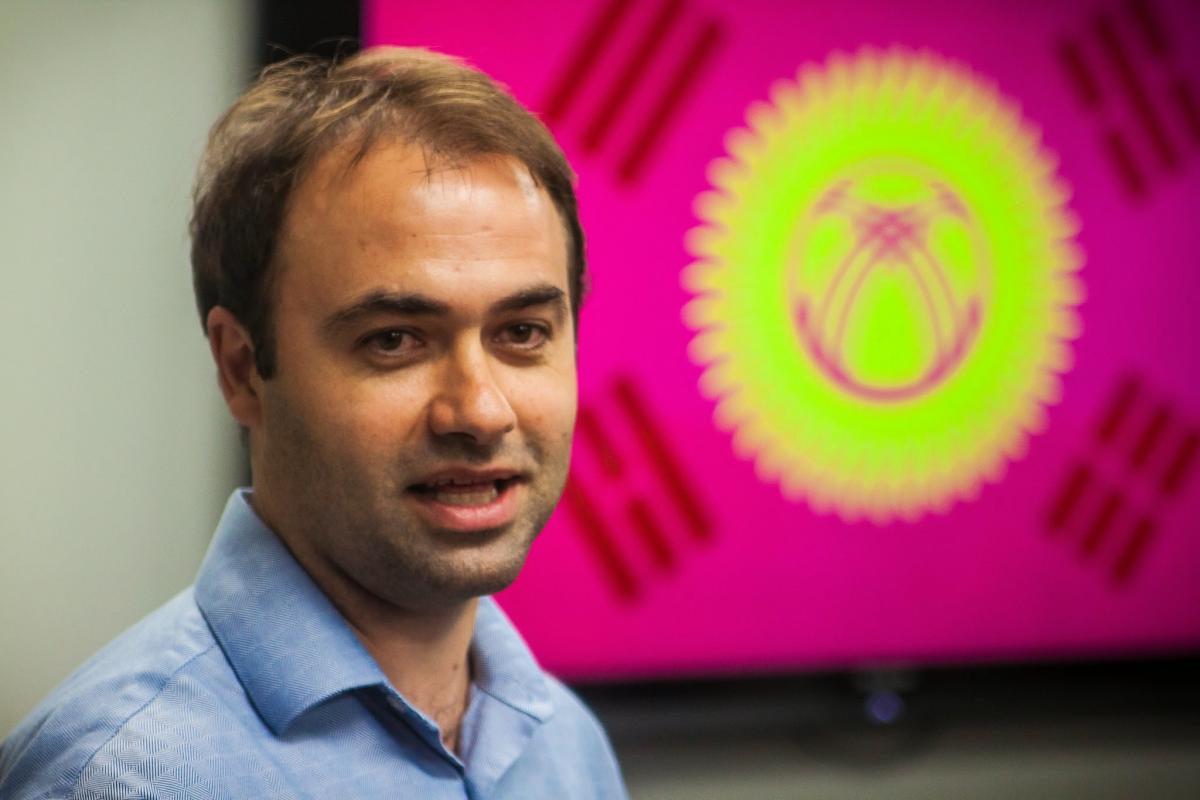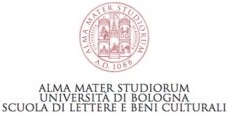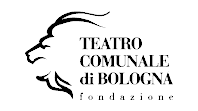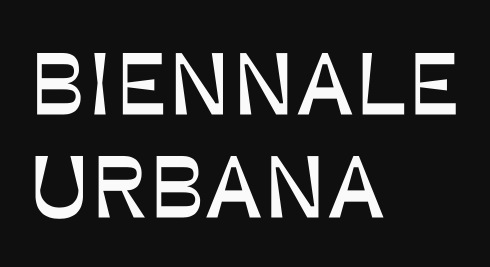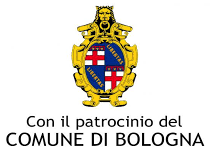THE BOLOGNA SOCIAL PRACTICE LABOrganized by PEDRO LASCH in collaboration with ROSSELLA MAZZAGLIA LABORATORY
|
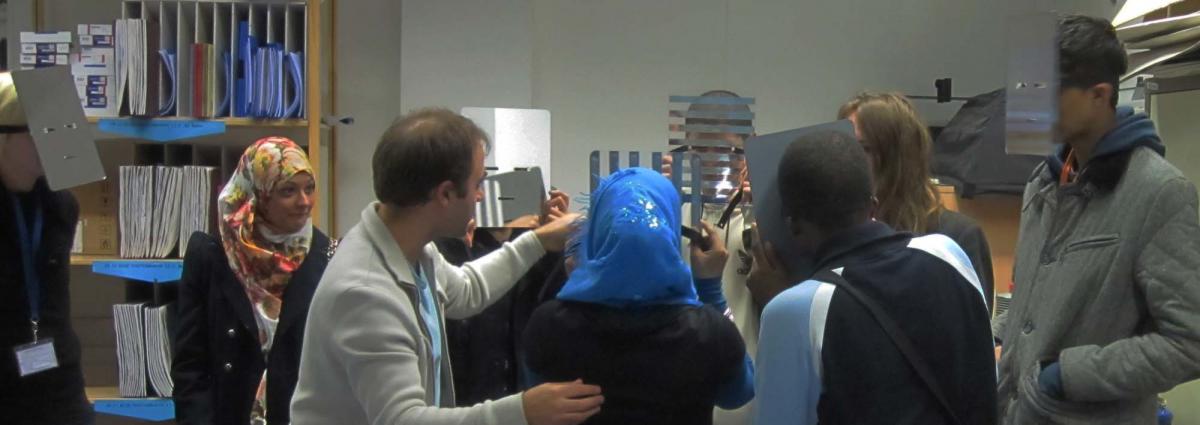 |
|
The Bologna Social Practice Lab, coordinated by Pedro Lasch in collaboration with Rossella Mazzaglia, offers participating students the opportunity to conduct scholarly research and immediately direct it towards socially engaged productions that go beyond conventional academic formats. It will also be the only GSCT Summer School activity that integrates international students (up to 20) with Bologna-based students, artists, and activists (up to 20) on a daily basis. Our joint productions will take place in social media, museums, public areas, historical buildings, popular markets, occupied spaces, and sites of resistance. Students will also have the option of staying involved with the projects after the 2017 Summer School ends through transnational social components and collaborative online platforms. These will continue through the following year and result in a final set of interventions and an exhibition in Bologna during 2018 Summer School session. Lab participants will be able to join all common activities of the Summer School. The structure of the lab itself will be organized by three initial days of joint sessions (up to 40 students), followed by the creation of five smaller research and production groups (6-10 students) that will work on specific research projects and interventions for all other days of the two-week long Summer School. Participants will decide what group they want to join on the third day, after having learned of the spaces, ideas, and social groups addressed by each project. The research and production groups of the Bologna Social Practice Lab have been developed with the overarching framework of Polit(t)ico: Interventions for Bologna (2017-2018). Taking its Italian name from Giotto’s famous painting in Bologna, the series conflates notions of politics with the historical art form of the polyptych. Distinct topics and approaches for each intervention are developed within specific communities and social contexts over two years, with the GSCT Summer School weeks as the densest and most important periods. Seen together as a polittico (polyptych), the works paint a slowly emerging picture of social and aesthetic engagement with Bologna as a site of political resistance, and social movements worldwide. They also add complexity to the rich discursive context of the oldest university in Europe, highlighting within it the creative processes of acting, making, and doing. Polit(t)ico is composed of the following projects, with different aspects being produced on each of its two years (2017-2018): Mercato Morandi (MM). Talk of Giorgio Morandi often dwells on the fact that he rarely left his modest home and life in Bologna. Some have compared his need to stay rooted with that of a snail that would die without its shell. But the image of a snail leaving and returning from its shell, may also make us think of the white vans appearing temporarily in major Bolognese squares, bringing goods to sell at low prices, offered by mercanti ambulanti whose immigrant or nomadic existence shares little else with that of the famous painter. White vans with expanding roofs and extended tables thus project themselves on the ochre reds, yellows, and grays of Bologna streets, setting a new palette for the collective exploration of global migration and informal trade, inspiring the production of drawings, paintings, and social actions in Bologna’s markets and city squares. National Abstraction Ensemble (NAE). This collaboration with Danza Urbana in Bologna is part of a larger series entitled Abstract Nationalism & National Abstraction (2001-present). Previous interventions have occurred at The Phillips Collection in Washington (2014) and the 56th Venice Biennale (2015), including video installations, flag displays, and musical performances where flags are fused with each other and national anthems are reassembled, sung in unexpected languages. Developed with Social Practice Lab students, dancers, musicians, and untrained participants, the 2017 Bologna performances engaged with key public sites in the city. Our productions included closed-door recordings of a new choreography by Cristina Rizzo at the Teatro Anatomico (to be made public as a video artwork in 2018), an exhibition with performances at Bologna’s Museo Civico Archeologico, and a large public intervention that started at Piazza Di Nettuno and morphed into a street parade on Via Zamboni, ending with a dance party at the iconic Piazza Verdi. Museum of… (MOF). All Polit(t)ico projects are socially and aesthetically flexible to allow for a truly collaborative process within each research and production group in charge of creating it. As the title may imply, however, the Museum of…, is the most flexible and undetermined of them all. Taking as its point of departure the extraordinary objects in the collection of scientific and military history at the Museo di Palazzo Poggi, students invent a new kind of museum that connects these objects with the ideas addressed by the Summer School, the current state of aesthetics and social movements, the notions of the human and the humanities, and issues of contemporary relevance at large. Speculative elements of this new museum were already presented in various forms at Museo Civico Archeologico and Piazza Verdi in 2017. Additional components may be added during Summer 2018. Digna Rabbia is an inspiring and elusive social figure. Having lived in the Middle East, among other places, she recently moved to Bologna. An experienced political actor, her appearances are sparse and measured, but her young heart and irreverent mind no doubt invigorate those who meet her. Pedro Lasch, the Bologna Social Practice Lab and GSCT Summer School all feel very lucky for the opportunity to work with Rabbia and her ideas over this period. Her participation in 2017 included a number of workshops, intense ethical debates, collective social media posts, the staging of a human border experiment in Piazza Maggiore/Nettuno, as well as engagements with scholars like Judith Butler and David Harvey. Most importantly, Digna will continue to lend the students her time and presence during the 2018 Summer School. With her help, we hope to embody our collective political dreams, shaping creative weapons against the nightmares of our time. Popular Education, Yes! … But, Online? (PEO). During Summer School 2017 & 2018, Lasch will connect its students to artists and learners around the world through joint activities, lectures and materials he produced with NY public art institution Creative Time for ART of the MOOC I: Public Art & Pedagogy and ART of the MOOC II: Activism & Social Movements. Also translated into Spanish, this pedagogical art work has had over 21,000 enrolled participants in 134 countries since it launched in October, 2015. We will use these experiments as a test case to study, critique, and develop future models for online popular education in the radical tradition of Freire and others. 2018 Bologna Social Practice Lab students will also be able to join in the production of materials related to a new course on acoustic phenomena and the social uses of sound, in collaboration with the FHI at Duke University, and Universität der Künste in Berlin. We are looking for up to 20 advanced students of critical theory, transnational political concepts, and social movements who are excited by working outside traditional academic formats and spaces, even if they have never produced anything social or artistic before. We also invite applicants who have a strong background or interest in the theory or practice of activism, street art, music, dance, digital media, visual art, socially engaged art, and the performing arts overall. |
|
|
|
Rossella Mazzaglia is assistant professor at the University of Messina. Her research focuses on Italian and North-American contemporary dance and theatre. She wrote books on American Movements (Judson Dance Theater. Danza e controcultura nell’America degli anni Sessanta), post-modern dance (Trisha Brown) and the relations between dance and space (Danza e Spazio. Le metamorfosi dell’esperienza artistica contemporanea). Her recent interests are directed towards "community dance" and "social theater". |
Organized with
   |


